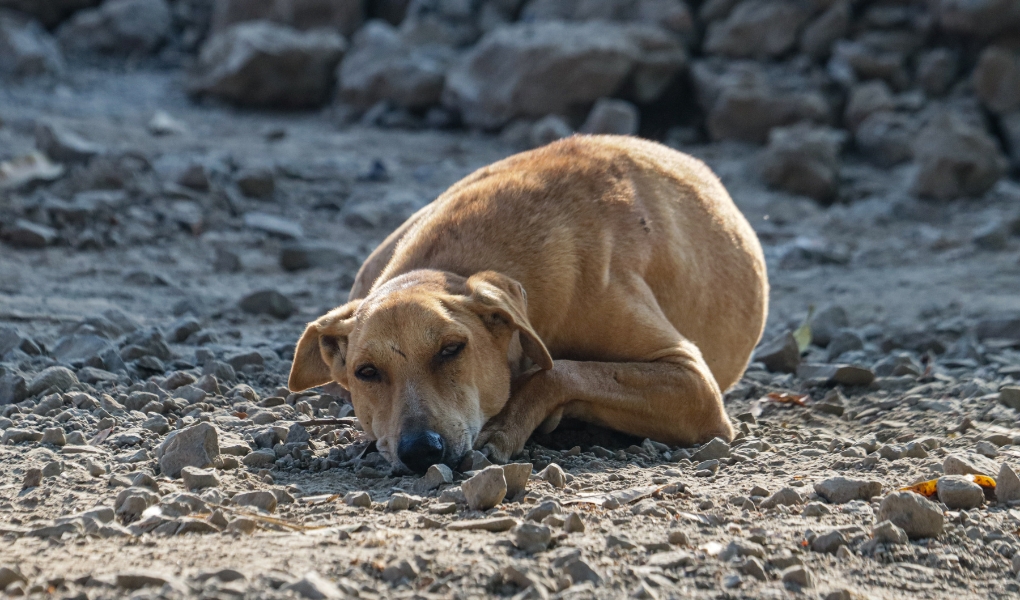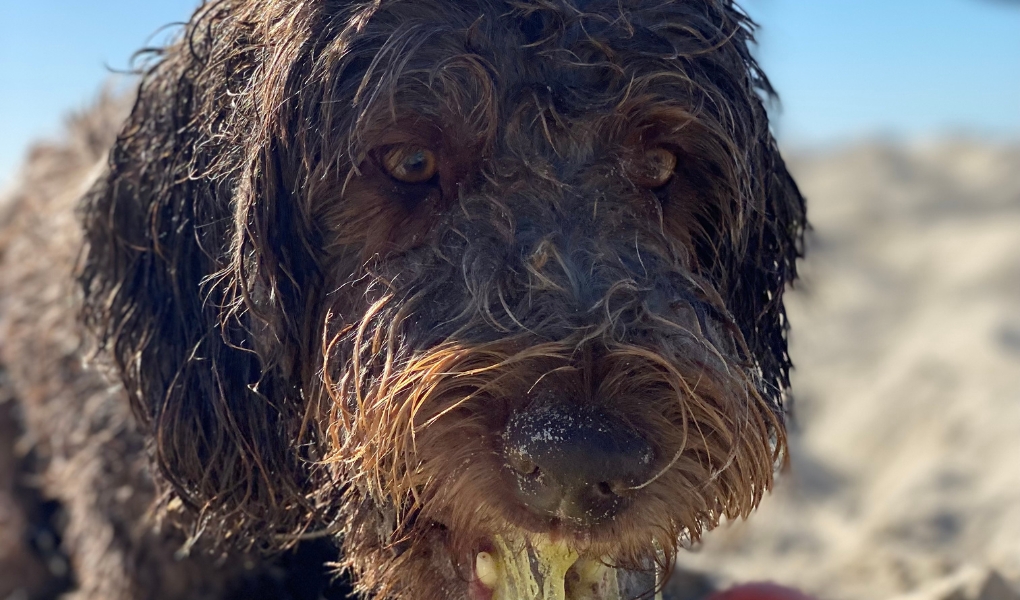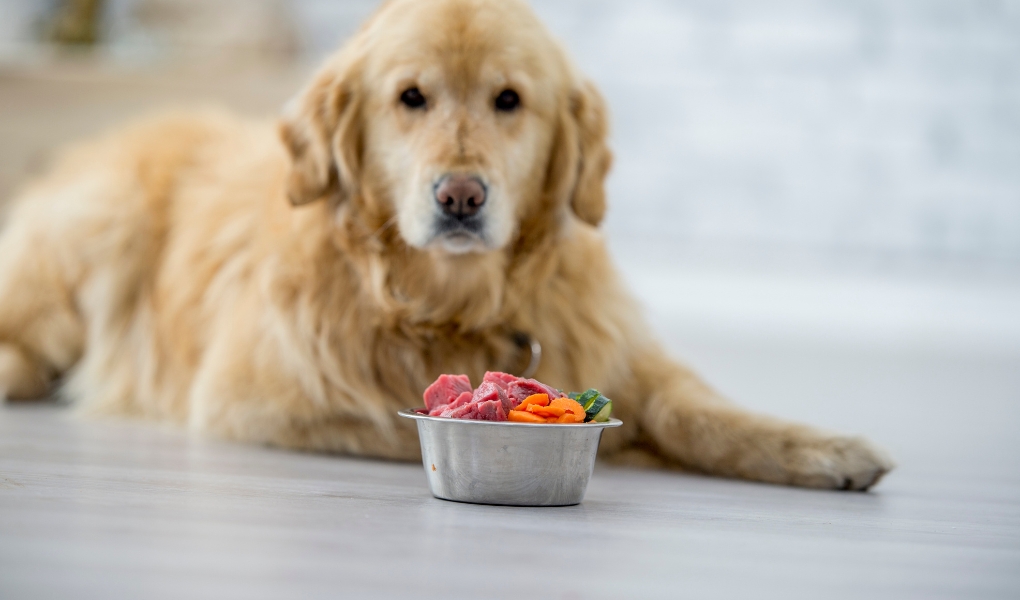Table of Contents
ToggleA Comprehensive Guide
Understanding how long a dog can go without food is crucial for pet owners, especially when dealing with feeding issues or health concerns. This comprehensive guide explores the factors that affect a dog’s ability to go without food, the potential risks, and how to manage feeding problems effectively.
Introduction to Food Deprivation in Dogs
While dogs can survive for a period without food, it’s important to understand the implications of food deprivation and recognize when it’s a serious concern. Factors such as age, health, and environmental conditions play significant roles in determining how long a dog can safely go without food.
How Long Can a Dog Go Without Food?
Generally, a healthy dog can go without food for about 3 to 5 days. However, several factors can influence this timeframe:
Factors Affecting How Long a Dog Can Go Without Food
Health Condition:
- Healthy Dogs: Healthy adult dogs can typically survive without food for up to 5 days, although this can vary depending on the dog's overall condition and body fat reserves.
- Sick or Elderly Dogs: Dogs with health issues or elderly dogs may only be able to go without food for 1 to 2 days due to their weakened state.
Age:
- Puppies: Puppies are more vulnerable and should not go without food for more than 12 to 24 hours due to their higher energy needs and less developed bodies.
- Adult Dogs: Adult dogs can generally survive longer without food, up to 5 days, as they have more body reserves and a slower metabolism compared to puppies.
Size and Breed:
- Small Breeds: Small breeds have faster metabolisms and less fat reserves, meaning they may not be able to go as long without food compared to larger breeds.
- Large Breeds: Larger breeds with more body fat can generally survive longer without food.
Hydration:
- Access to Water: Dogs can survive much longer without food if they have access to water. Hydration is critical for maintaining bodily functions.
Signs of Serious Health Concerns
It’s important to recognize the signs that indicate a serious health issue if your dog is not eating:
- Lethargy and Weakness:Lack of energy and weakness are common signs that a dog is not getting enough nutrients.
- Weight Loss: Rapid weight loss can indicate that a dog has not been eating for an extended period.
- Vomiting and Diarrhea: These symptoms can lead to dehydration and further exacerbate the lack of nutrition.
- Changes in Behavior: Unusual behavior such as hiding, excessive sleeping, or aggression can indicate a health issue.
- Dehydration: Dry gums, sunken eyes, and decreased skin elasticity are signs of dehydration, which can be life-threatening.
Potential Risks of Prolonged Food Deprivation
- Nutrient Deficiencies: Extended periods without food can lead to deficiencies in essential nutrients, affecting all bodily functions.
- Organ Failure: Severe lack of nutrition can cause organs to fail, particularly the liver and kidneys, which are vital for detoxifying the body and maintaining homeostasis.
- Compromised Immune System: Without adequate nutrition, a dog's immune system can become weakened, making them more susceptible to infections and diseases.
Managing Feeding Issues
- Consult a Veterinarian: If your dog refuses to eat for more than 24 hours, consult a veterinarian to rule out any underlying health issues.
- Try Different Foods: Offer different types of food to stimulate your dog's appetite. This can include wet food, fresh cooked meals, or commercial treats.
- Create a Comfortable Eating Environment: Ensure that the eating area is quiet and free from stress or distractions that may affect your dog's appetite.
- Regular Feeding Schedule: Establish a regular feeding schedule to create a routine for your dog, which can help stimulate their appetite.
- Hydration is Key: Ensure your dog has constant access to fresh water. Dehydration can worsen the effects of food deprivation and lead to serious health issues.
Emergency Situations
If your dog shows signs of severe dehydration, weakness, or any other serious symptoms, seek veterinary help immediately. Prolonged food deprivation can be life-threatening and requires prompt medical attention.
Conclusion
How long can a dog go without food? While a healthy dog can survive for about 3 to 5 days without food, several factors can influence this timeframe, including the dog’s health, age, size, and access to water. Recognizing the signs of serious health concerns and managing feeding issues effectively is crucial for your dog’s well-being. For more expert insights and comprehensive guides, explore our other blog posts at Harmony Dog Food.







